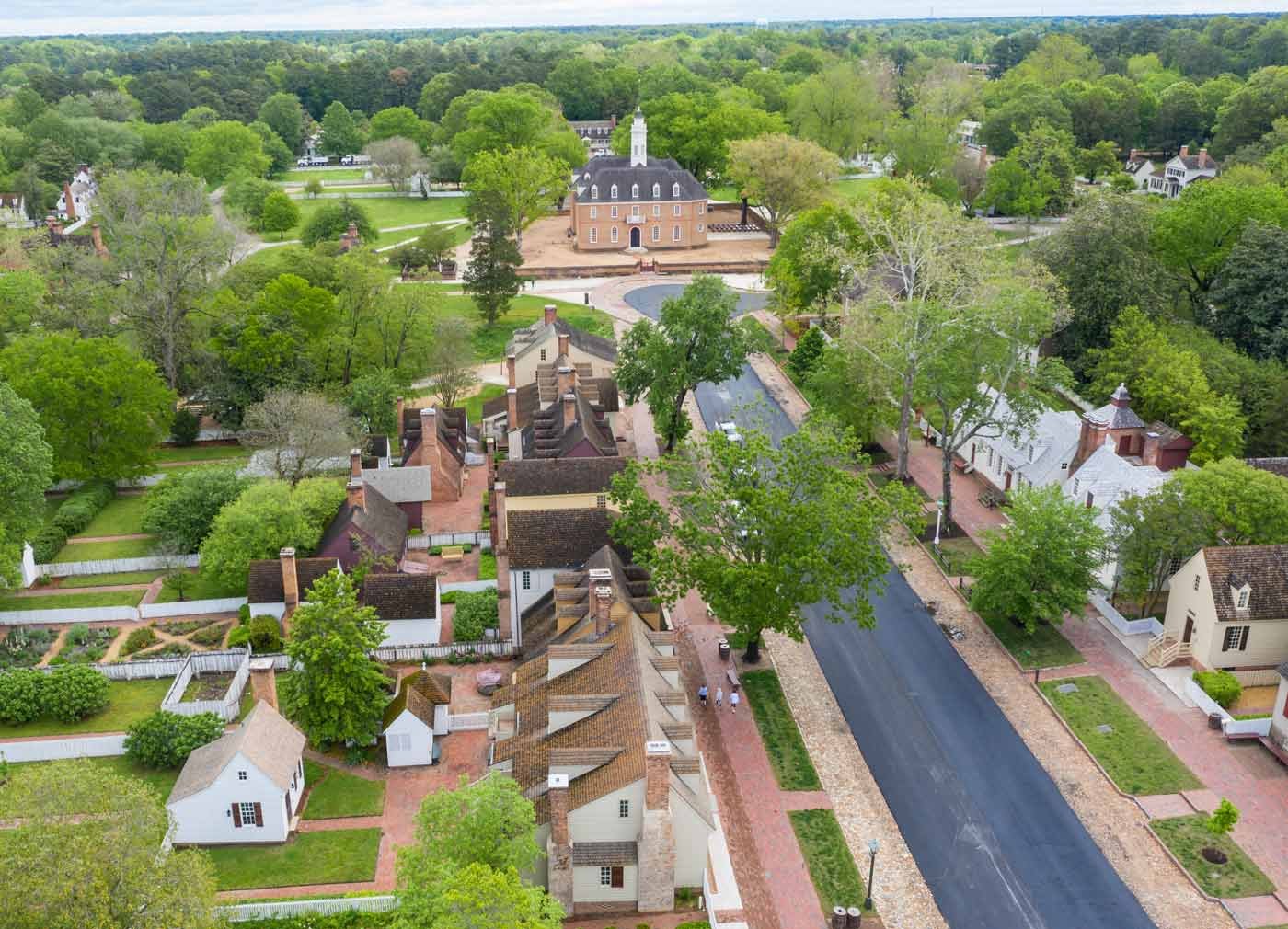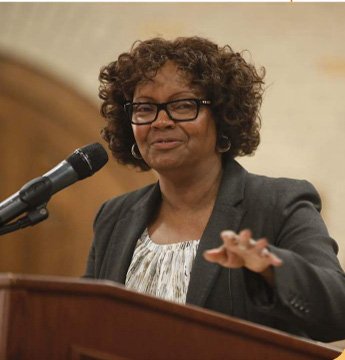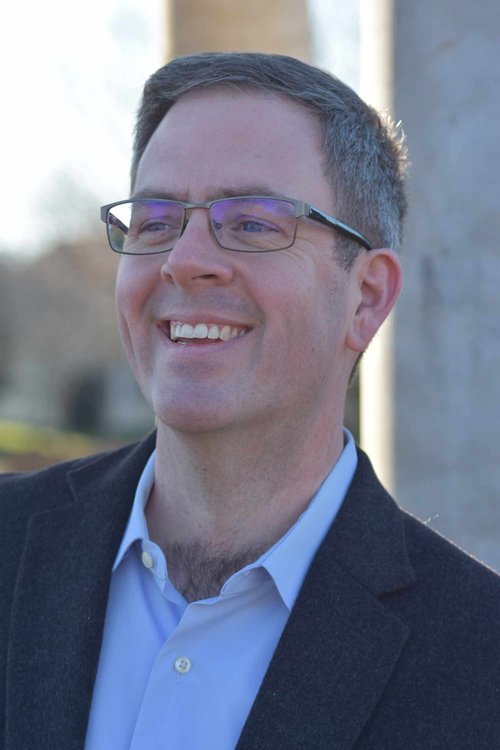
For 2026: A Five-Year Conference Series
On This page
This Year’s Conference
For 2026: Wartime Transformations
October 24-25, 2025
Violence ignited by the American Revolution transformed millions of lives across the world. The eight-year conflict sparked when Anglo-American colonists rebelled against the British Empire's expansion to include Native nations and European powers far beyond the United Colonies. The Revolution also brought increased imperial competition, urban riots, agrarian rebellions, economic dislocation, epidemic disease, Native-settler violence and campaigns of repression against the enslaved that spanned decades and sprawled far beyond British North America, encompassing men, women and children across the Atlantic World.
Register for Wartime Transformations for access to panels, roundtables, workshops and presentations exploring the far-reaching effects of war during the American Revolution and its profound consequences for the post-Revolutionary world.
Revolutionary Educators
The Revolutionary Educators (RevEd) subconference offers a dynamic series of sessions that bring fresh perspectives and engaging strategies to teaching the American Revolution. Presenters from cultural institutions, museums, schools and universities share inclusive narratives and innovative approaches that highlight voices often left out of traditional histories. Topics include the roles of Indigenous peoples and Black communities, women’s political participation, international alliances and the personal choices of individuals during times of upheaval.
Register for Rev Ed to explore a variety of resources — from digital platforms and primary sources to hands-on activities like escape rooms and object-based learning — that can be readily applied in the classroom. Whether you’re interested in place-based storytelling, civic engagement or constitutional debates, these sessions offer valuable tools and ideas for making Revolutionary history more meaningful, inclusive and relevant for today’s students.
Slate Seminar
The Slate Seminar is the W&M Bray School Lab’s annual “conference within a conference,” designed to spotlight ongoing research, critical reflections and scholarly dialogue surrounding the history and enduring legacies of the Williamsburg Bray School and its students.
Register for Slate Seminar to engage with researchers, educators, student thought partners and community members and foster deeper understanding of new connections to the Williamsburg Bray School and the history of African American military service during the American Revolution and beyond, as well as other related topics.
EVENING PLENARIES
The Friday & Saturday evening plenaries are free and open to the public, conference registrants, Colonial Williamsburg passholders, staff and volunteers, and William & Mary faculty, staff and students. Seating will be available on a first come, first served basis, and the recorded programs will be available online on both William & Mary and Colonial Williamsburg supported pages following the event.

Revolutionary Blacks: Discovering the Frank Brothers, Freeborn Men of Color, Soldiers of Independence
Dr. Shirley L. Green
Friday, October 24, 2025
Hennage Auditorium, Art Museums of Colonial Williamsburg
301 South Nassau Street, Williamsburg, Virginia
Seating begins at 4:30pm | Program begins at 5pm
Dr. Green will speak about her recent book, Revolutionary Blacks: Discovering the Frank Brothers, Freeborn Men of Color, Soldiers of Independence (Westholme Publishing; 2023). The narrative follows the lives of William and Benjamin Frank, two brothers who enlisted in Second Rhode Island Regiment during the American Revolutionary War in the spring of 1777. Their military experiences quickly diverged, and Dr. Green explores their stories to provide context and substance to the Black experience during the war years, as well as underscore the significant distinction between free Blacks in military service and those who had been enslaved.
Shirley Green is Adjunct Professor of History at the University of Toledo and Bowling Green State University. She is also the Director of the Toledo Police Museum. She earned a B.A., Magna Cum Laude, from the University of Toledo, an M.A. from the University of Toledo, and a Ph.D. from Bowling Green State University. Green received the Graduate College Distinguished Dissertation Award from Bowling Green State University; and the Emerging Leader, Excellence Category from the African American Legacy Project of Northwest Ohio. Before earning her M.A. and Ph.D. and subsequently becoming a Professor of History, Green followed in her father’s footsteps and was an officer in the Toledo Police Department, rising through the ranks from Patrol Officer to Sergeant, and then Lieutenant throughout her 26 years of service. She has been Director of the Toledo Police Museum since 2016.
Watch this Event

Heart of American Darkness
A lecture by author Dr. Robert Parkinson
Saturday, October 25, 2025
Glenn Close Theatre, PBK Memorial Hall, Campus of William & Mary
601 Jamestown Road, Williamsburg, Virginia
Seating begins at 4:30pm | Program begins at 5pm
On April 30, 1774, something very terrible happened where Yellow Creek empties into the Ohio River, which led to the deaths of eight Indigenous people. That incident spiraled into a bloody war between Virginia and Native peoples in the Ohio Country at the same time that the First Continental Congress sat in Philadelphia. This talk will explore how the Yellow Creek Massacre happened, who did it, and what it means – and how we narrate it.
Robert Parkinson is professor of history at Binghamton University, and the author of two books published with the Omohundro Institute of Early American History and Culture, including Thirteen Clocks: How Race United the Colonies and Made the Declaration of Independence. He held an NEH postdoctoral fellowship at the Omohundro Institute. His most recent book, Heart of American Darkness: Bewilderment and Horror on the Early Frontier, was published by W.W. Norton in 2024. He has another book with W.W. Norton forthcoming in 2026 called Tyrants and Rogues.
Watch this Event
About the Conference
Marking the 250th Anniversary of American Independence
Hosted By The Colonial Williamsburg Foundation, Omohundro Institute of Early American History & Culture, And William & Mary
In 2026 the United States of America will mark the 250th anniversary of independence. This is an unparalleled opportunity for exploring and reflecting upon the American past, the foundation of the nation, and its legacy into the present. Complex, inspiring, and often violent, this period informs our experience as Americans today. The better we understand that past, the better we are equipped to understand ourselves, address the challenges we face, and seize opportunities for the future.
Colonial Williamsburg, the Omohundro Institute, and William & Mary are joining together to host a series of five annual conferences to spotlight emerging research, connect a diverse public to scholars and research, and convene significant conversations about how and why understanding the early American past is especially meaningful today. The first of these conferences, “For 2026: Revolutionary Legacies,” took place October 28–30, 2022.
About the “For 2026” Conference Initiative
Colonial Williamsburg is the world’s largest living history museum, dedicated to its mission that the future may learn from the past through its expert and distinctive events, collections, programs, and site interpretation. The Omohundro Institute is the leading hub for inquiry into early American history, broadly understood as all points in the Atlantic World between roughly 1450 and 1820, and supports and publishes the leading research into this expansive Early America. William & Mary is the top-ranked university in the nation for its early American history offerings, and a leader in integrated diversity, equity, and inclusion programming and creating opportunities for civic discourse. Together, our three institutions are committed to serving the public good through historical education and research and outreach to the community, the region, the nation, and beyond. This mission has never been more resonant, or more relevant.
The series of annual conferences leading to 2026 builds on our exceptional legacy of convening scholarly discussions, educating a broad range of learners, fostering community engagement, and connecting the public to expert historical interpretation through events and programs. Each installment features a broadly comparative exploration of a theme central to the era of the American Revolution; in addition, sessions exploring all aspects of Vast Early America are welcomed on the program. The CW-OI-W&M conference series is committed to an expansive, inclusive history of early America that accounts for the diversity of people and experiences of the period. The themes of the conferences are designed to facilitate this commitment and amplify significant new knowledge about this essential period.
All five conferences feature a four-module structure incorporating both public facing and scholarly conversations:
- Researcher–to-researcher panels and workshops throughout each day to allow presenters to share their work and benefit from expert peer feedback. These include sessions on the American Revolution as well as sessions on other aspects of Vast Early America.
- Public audience plus researcher events that introduce diverse publics to cutting-edge research. Formats might include scholar roundtables with question-and-answer periods; scholarly presentations of familiar and understudied primary sources from the period; landmark lectures or interviews with award-winning scholars, museum professionals and leaders in this arena.
- Site visits that introduce participants to the Commonwealth’s local and regional resources. In addition to showcasing Virginia’s centrality in the founding of our nation, we leverage these sites to explore questions of evidence and methodology; themes of freedom, democracy and belonging; and strategies for engaging historic sites, collections, exhibitions and resources in academic and public learning and programming.
- Workshops focused on how museums and other public history sites can incorporate new research, featuring both scholars who presented research at the conference and public history experts and practitioners.
Past Conferences
"For 2026:Virginia’s Revolutionary Histories & Beyond"
October 24 – 26, 2024
The American Revolution of 1776-1783 implicated Virginia and Virginians in distinctive ways. From the proclamation by former Virginia royal governor Lord Dunmore encouraging enslaved people to join the British and resist the American patriots to the final decisive battle at Yorktown, to the first presidents, Virginia played a pivotal role in the struggle for American independence and the founding of a new nation. Some 200 years later, scholars, curators, interpreters, and educators are transforming our understanding of Virginia in the long eighteenth century, casting new light on the political, intellectual, and social contexts of change in the Old Dominion and the larger Atlantic World.
“For 2026: Contested Freedoms”
October 26-28, 2023
If the American Revolution inaugurated new ways of speaking and thinking about freedom, it also took place in and helped to create a world marked by multiple forms of unfreedom. Within the European-dominated colonies, nations, and empires of early America, slavery and subjugation as well as distinct economic and political constraints curtailed its rhetoric of universal rights. Indigenous polities, too, sought to exercise their own ideas about freedom and unfreedom, while African-descended people struggled to enact projects of liberation and belonging. The contests between and within these groups throughout the Atlantic world were powerfully shaped by the efforts of individuals, communities, colonies, and nations to grapple with the opportunities and challenges of freedom and servitude in an Age of Revolution. The United States’ own contest for and over freedom both emerged in this context and reshaped it in ways that we continue to debate today. Those debates require engaging with early America’s contested freedoms.
“For 2026: Revolutionary Legacies”
October 28-29, 2022
The public portion of last year’s event included a series of panel discussions, as well as a keynote address by Annette Gordon-Reed, the Carl M. Loeb University Professor at Harvard University and the winner of the 2009 Pulitzer Prize for History and the 2008 National Book Award as well as over a dozen other major book prizes.
Among last year’s programs was a discussion of how the way we commemorate our history has been revolutionized. Scheduled panelists included Christy Coleman, formerly Colonial Williamsburg’s director of interpretive programs development and currently executive director of the Jamestown-Yorktown Foundation; Ed Ayers, president emeritus of the University of Richmond and one of the founding co-hosts of the history podcast Backstory; and State Senate Minority Leader Thomas Norment. Barbara Hamm Lee, best known as the executive producer and host of WHRO’s Another View, who moderated the panel.
Other panels discussed how research on African American, Indigenous Peoples and LGBTQ+ histories has evolved and how it has been incorporated into public programs. Select sessions were part of the Slate Seminar, supported by the William & Mary Bray School Lab and the Mellon Foundation.
